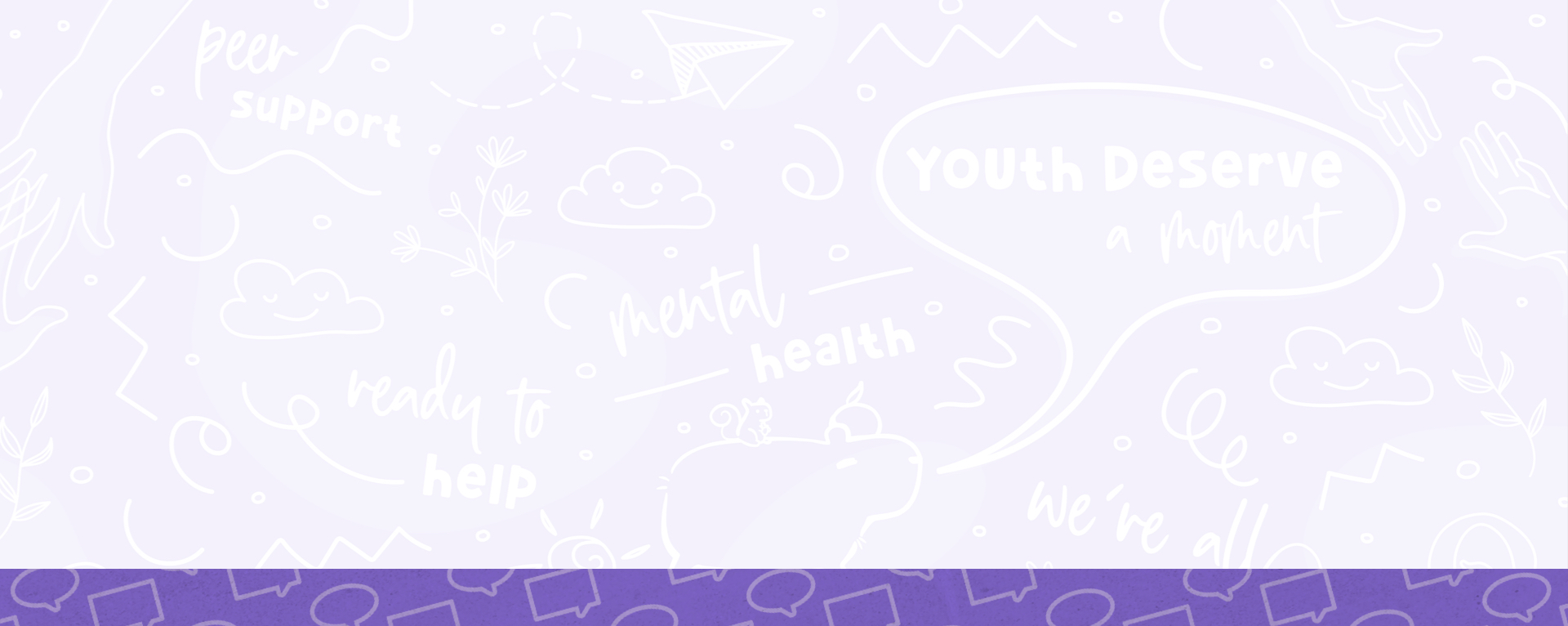Author: Heena
We learn how to read and write in school, and we know all about history, geography, and science. From a young age we are taught how to be well mannered and how to interact with others; how to take care of others and to always be kind. But for some reason we were never taught how to prioritize our emotional health. We aren’t taught that it’s okay to say no. That we have the ability to set limits for ourselves and others around us. And that sometimes we need to not only be kind to others but kind to ourselves. When we are not aware of this it can be easy to become over accommodating and agree to things we don’t want to do.
Boundaries create a framework on how you behave and the expectations that you have on how others around you behave.
What you keep in and what you block out, boundaries help create lines that keep your relationships healthy, fulfilling and free of resentment. They set the tone for what you tolerate and receive, so the best boundaries are not too constricting or overpowering of others, and designed by you.
But boundaries don’t count for much unless you speak for ourselves and communicate these needs clearly by continually asserting when you feel those lines have been violated. In order to do so you must understand the rights you have in a relationship. Some of these include:
- To feel safe in a relationship
- To feel validated and accepted
- To be treated with respect and to respect that the answer no means no
Once you understand these requirements, all it takes is practice and having faith in yourself. It’s rather easy to accidentally become someone’s doormat if you never establish boundaries. Saying no is difficult and often it feels easier to give in to what’s being asked, rather than enforce our boundaries. But even though it can be scary to say no to someone or share your boundaries, in the long run it will be better for your self-worth and esteem and lead to a healthier relationship with the other person.
Everyone deserves respect and that includes you.
Boundaries are the first way of achieving this, learning how you have the autonomy to dictate what you do or don’t tolerate in your day to day lives.
If the other person won’t respect your boundaries, consider if this is a person you really want to have in your life. You may want to end the relationship or limit how often you speak and see each other. You aren’t obligated to maintain a relationship with anyone, including family, though admittedly this can be easier said than done for teens, most of whom are living with their family.
If you’re dealing with family or relationship issues and want to talk about it, ConnecTeen is here for you 24/7.
























